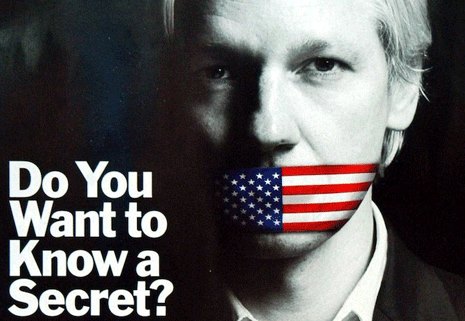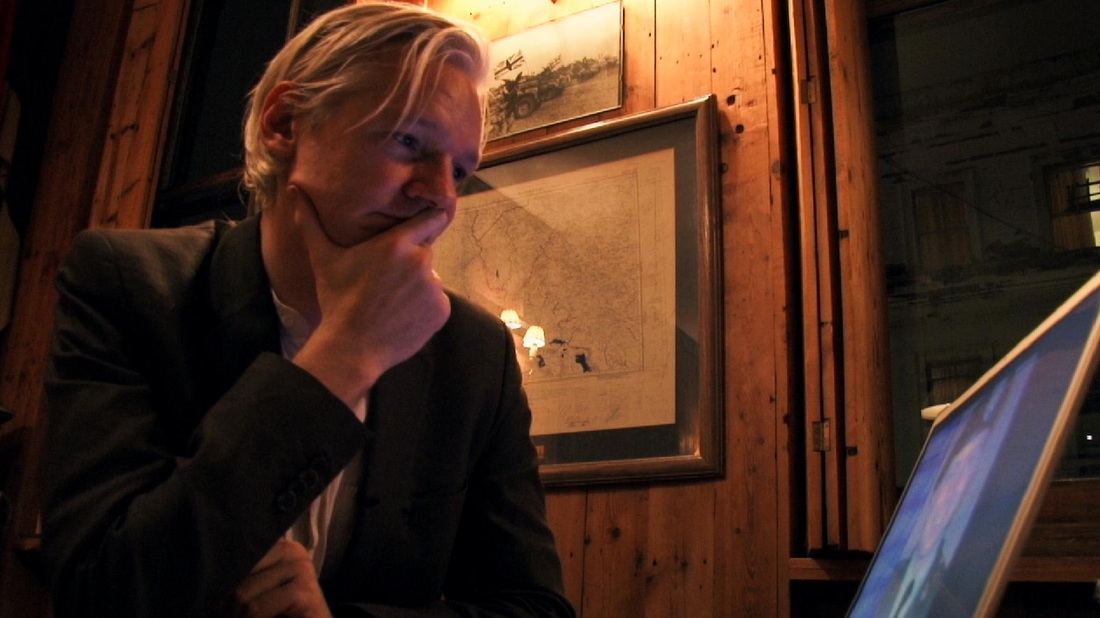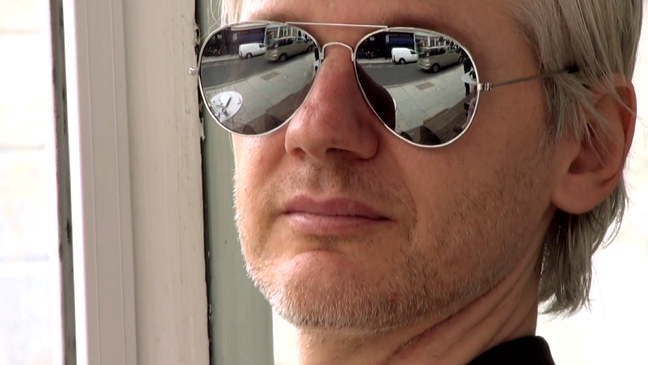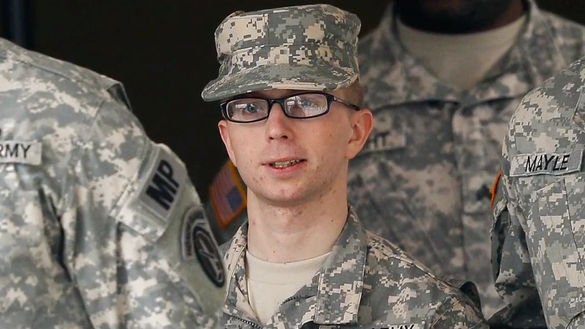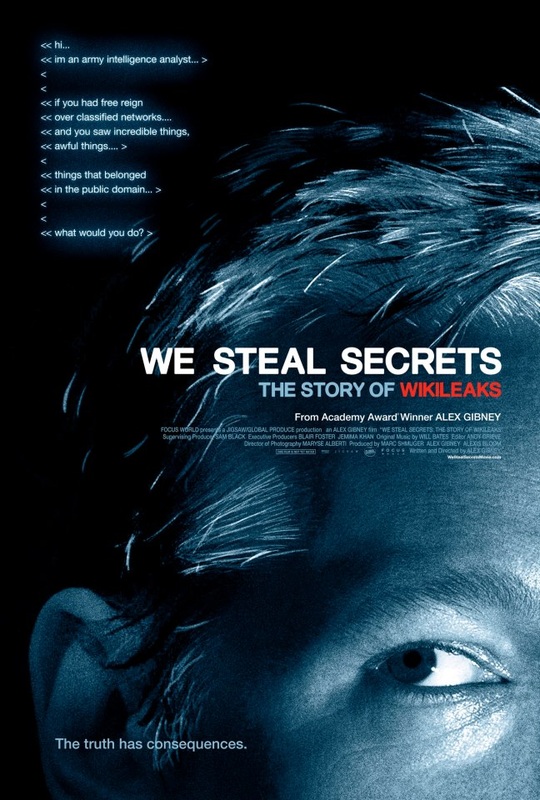|
|
We Steal Secrets: The Story of WikiLeaks negotiates the idea of truth through Julian Assange, the founder and face of the whistle-blowing website. Alex Gibney, the award-winning documentary director and producer of Oscar-winning Taxi to the Dark Side (2007), tackles the tales of espionage, corruption and paranoia.
The now notorious and non-profit organisation deals with the permanent dispersal of information deemed necessary in the public interest. WikiLeaks was founded upon the principle that information is used as evidence to expose truth. The documentary approaches its subject much like Assange himself would handle a conspiracy: find the evidence, unveil the secrets and expose the truth. Previously a “hacktivist”, Assange is a character with a troubled past and a rapidly evolving state of infamy encompassed by the very thing he exposes: secrets. Assange is not alone, however, as director Gibney further decorates the documentary with the viewpoints of major political figureheads, other hackers such as Adrian Lamo and the notorious “whistleblower” Bradley Manning, a former serviceman who turned over the largest source of leaked classified material to WikiLeaks. We Steal Secrets turns conspiracy into fact through a variety of sources that allow the image to tell the tale: a stills photo of a young and jovial Bradley Manning in uniform emphasises the character’s innocence and humanity; uncensored video footage of belligerent military activities in Iraq reinforces the cloak of secrecy surrounding the Government. The presentation and examination of these images, as well as stories of the major players, makes the complicated narrative of intrigue more digestible and accessible. We Steal Secrets distances itself from myth and tabloid reporting, as it taps into the roots of conspiracy and truth all the while retaining its connection to its human component. At the centre of it all though, remains the daunting question about whether information is free. We Steal Secrets starts with an epiphany. The first leaked information from Manning offers up a video of an apache helicopter-run in Iraq, characterised by excessive use of violence and behaviour and reminiscent of shoot-‘em-up video games as pilots crudely joke and obliterate unarmed and unaware men below. The documentary carefully constructs its opening by emphasising responses in the public sphere. Despite the transcript of the event already having been published, public reaction stresses the power of the image. Embracing this, Gibney tells the tale though a variety of visual-based media. The documentary uses various sources to forge a formidable narrative alongside Manning’s words which are painful and all too human, casting this whistleblower as something of the real hero. Whether a hero or traitor, Julian Assange is seen as a troubled and complicated character. Gibney defines him through two monumental events: the creation of WikiLeaks with the exposing of Manning’s Intel and the Swedish sex scandal that has since tainted his name. Combined with minor references to Assange’s friends and journalists who continue his work, Gibney paints a picture of his lead character through events rather than merely through his personality. Little threads, like evidence trails, lead us back to Assange’s childhood, itself an assumed place of secrets, which is briefly mentioned and then quickly ignored. Consequently, Assange appears as a symbol of conspiratorial larger events and the politics of censorship. Manning, however, is more human, more relatable and more empathetic. Gibney allows us to witness what appears to be an uncensored image of Manning designed to further humanise him. His motivation appears pure based on a simple belief that the public has a right to know. While Assange may dominate the press it is Manning, as the film’s resolution makes clear, that is the true tale of WikiLeaks. For if Manning is something of a victim due to his WikiLeaks case, his sacrifice has forged a heroic yet always scarred character. It is he that refocuses the story from censorship and freedom of information to a tale of human will and integrity. We Steal Secrets is an enlightening exploration of those involved with WikiLeaks. Gibney’s film has come under criticism for an arguably defamatory and exaggerated approach to the character of Julian Assange, mostly from the non-participating Julian Assange himself. Whether it is in its striking imagery, careful characterisation or skillful handling of the slippery truth, We Steal Secrets offers a powerful message and a critique on current matters of censorship. As we debate the politics of freedom of information, one certainty remains: actions are not without consequence. |

